
Explore essential supplement recommendations for older adults, including vitamin D, calcium, melatonin, and multivitamins, to enhance health and well-being.

Explore essential supplement recommendations for older adults, including vitamin D, calcium, melatonin, and multivitamins, to enhance health and well-being.

New agreements aim to align US drug prices with European standards, enhancing Medicaid savings and enabling direct consumer purchases.

Research highlights the critical link between chronic kidney disease (CKD) and uncontrolled gout, emphasizing a need for enhanced awareness and treatment strategies.

FDA approves Fesilty, a new fibrinogen concentrate, offering hope for effective treatment of congenital fibrinogen deficiency and acute bleeding episodes.
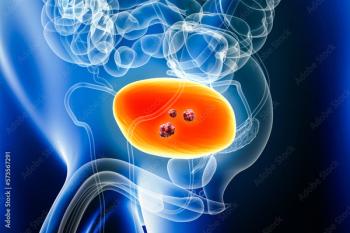
New clinical trial results highlight the effectiveness of enfortumab vedotin and pembrolizumab in improving survival for patients with muscle-invasive bladder cancer.

Pharmacy technicians enhance safety and efficiency in hazardous drug compounding.

The rise of intravesical therapies in non–muscle invasive bladder cancer underscores the vital role of pharmacists in advancing patient care.

GLP-1 medications show promise in reducing chemotherapy side effects and improving heart health in breast cancer patients, warranting further research.

Pharmacists are crucial in combating opioid use disorder, enhancing treatment options, and reducing drug overdose deaths linked to fentanyl.

A UK research team has pioneered a blood test using infrared technology to detect lung cancer cells, promising earlier diagnoses and personalized treatments.

Community pharmacists are crucial in Increasing immunization rates, addressing access barriers, and supporting evidence-based immunization guidance.

Clinicians learn to optimize type 2 diabetes treatment using automated insulin delivery data, enhancing patient safety and education for effective management.

FDA approves Rybrevant Faspro, a groundbreaking subcutaneous therapy for EGFR-mutated lung cancer, enhancing patient comfort and survival rates.
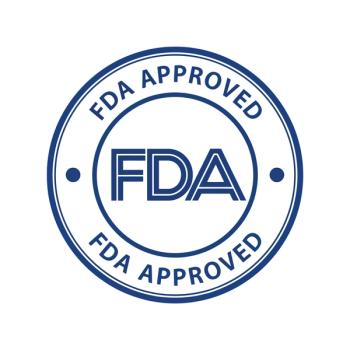
The approval was supported by findings from the TRITON3 trial, which enrolled certain patients with metastatic castration-resistant prostate cancer (mCRPC).

Pharmacists can educate patients about FluMist for at-home administration and opioid labeling changes.

Experts discuss innovations in medication-use processes at the ASHP Midyear Meeting, highlighting trends in acute and ambulatory care for pharmacy leaders.
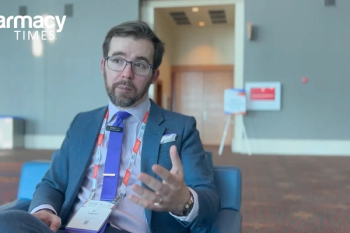
Patients learn the importance of understanding treatment-related skin issues, recognizing symptoms, and adopting gentle skincare practices for better management.


This review examines the mechanisms of therapy, summarizes the existing literature, and highlights the evolving treatment options for unresectable hepatocellular carcinoma.

Findings from a meta-analysis reveal biosimilars for inflammatory bowel disease (IBD) offer similar efficacy and safety and maintained remission rates as their reference products.

A pharmacist-led deep vein thrombosis (DVT) clinic revolutionizes outpatient care, reducing emergency visits and costs while enhancing medication adherence through collaborative practices.

Biosimilars are set to revolutionize oncology by enhancing access and affordability while maintaining safety and efficacy.
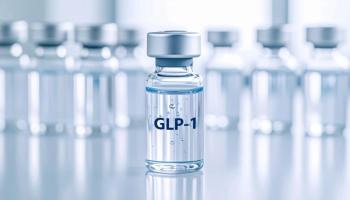
Discover how GLP-1 receptor agonists may benefit breast cancer patients by promoting weight loss and improving long-term health outcomes.

ctDNA analysis revolutionizes cancer treatment by predicting responses, detecting resistance, and monitoring minimal residual disease in patients.

The FDA approves depemokimab-ulaa as a long-acting treatment for severe asthma, enhancing patient care with fewer injections and improved outcomes.

Previously approved for patients 12 years and older, berotralstat now gives younger patients a treatment option to manage sudden hereditary angioedema attacks.

FDA approves zoliflodacin, a groundbreaking oral treatment for gonorrhea, offering hope against antibiotic resistance and improving patient access.

Measles cases surge in the US, prompting quarantine measures in South Carolina schools and raising urgent vaccination concerns amid declining rates.
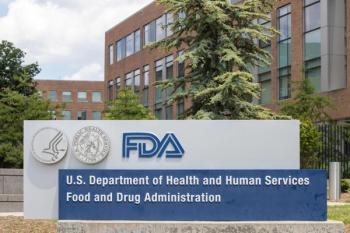
FDA grants a national priority voucher to teclistamab and daratumumab for relapsed/refractory multiple myeloma, enhancing treatment approval speed.

Second-line and later treatment options for synovial sarcoma are limited. Afamitresgene autoleucel is the first FDA-approved T-cell receptor therapy, demonstrating long-lasting responses and tolerable adverse effects in pretreated patients.